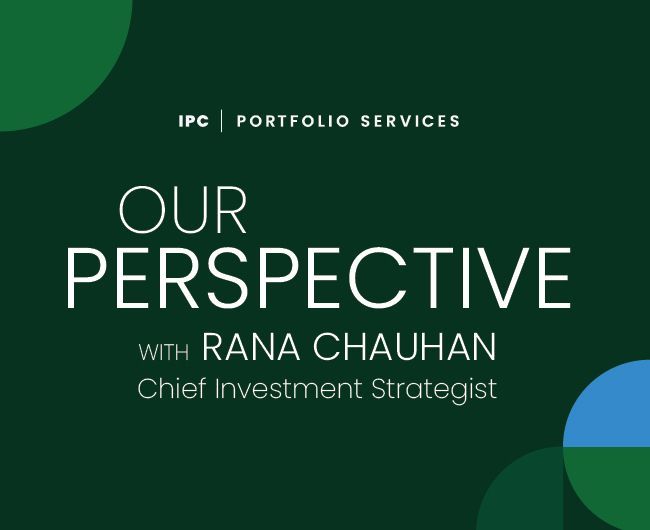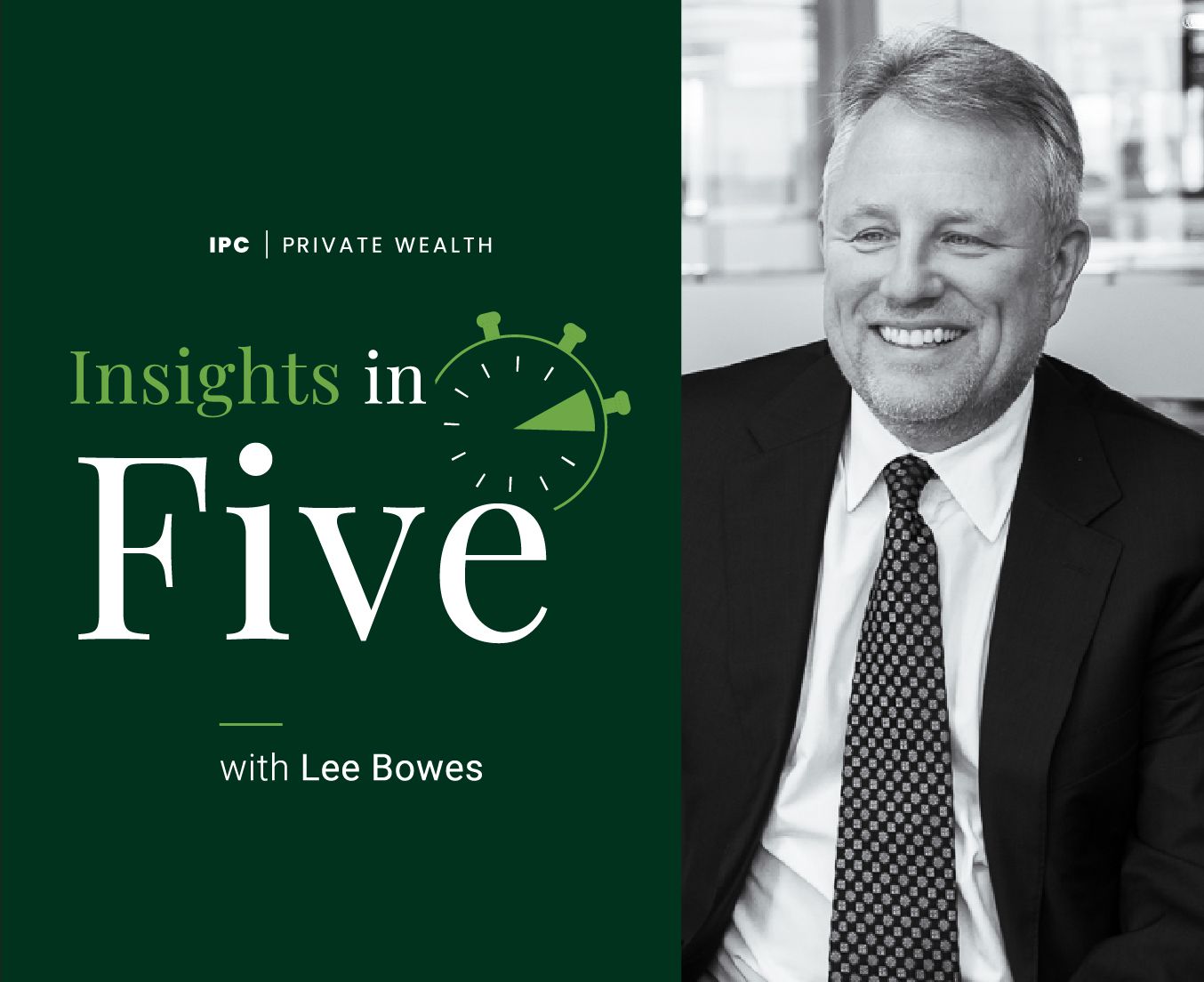You’ve spent decades building your business and making it your own. Retirement is on the horizon, and it’s time to think about transitioning your company to a successor.
Can you imagine being a full-fledged business owner one day and a laid-back retiree the next? Some owners are ready and able to leave the business behind while others prefer to keep a foot in the door. It’s a very personal decision, based on your own feelings and the nature of your company, but you do have choices.
A clean exit
For some owners, cutting ties to the business upon retirement is not a difficult decision. They may be very excited about welcoming this entirely new chapter of their life. Others may want to exit due to health issues and are quite ready to let go of the daily duties and obligations. Whatever the reason, there’s a lot to be said for a clean exit. After working hard for decades, it’s time to take it easy, travel, spend time with family and fulfill retirement dreams.
If you do intend to exit cleanly, selling to an outside buyer may be the easiest way to completely remove yourself from the business. You can still make a clean exit when a family member or current executive takes over, but you may need great resolve to keep away from business operations. The new owner, being close to you, may seek your advice or you may be tempted to step in to offer guidance.
Staying involved throughout retirement
A clean exit, however, isn’t for everyone. When you own and manage a business, it’s not just a job – it can be your identity. For many business owners it’s only natural to wish to maintain ties to the company while also enjoying the life of a retiree.
Fortunately, there are ways to stay involved during retirement. In fact, you could still own the company. Hire a general manager or suitable replacement who performs your former duties, while you draw earnings to help fund your retirement. Or, you may sell the business to an outside buyer, family member, or current executive with the provision that you hold an ongoing position in the company – a position involving limited hours. This can be any permanent part-time role that makes business sense to the new owner and is personally fulfilling for you. For example, mentoring staff, helping retain existing customers or servicing a large new customer.
Staying involved…temporarily
There is another possibility. You stay involved in business operations after the sale, but only for a specified period – perhaps several months or one or two years.
This gradual transition can be ideal because it’s mutually beneficial. You have the personal satisfaction of helping ensure the business you built continues successfully, while gently easing into your new retirement lifestyle. The buyer is better able to learn the business, establish rapport with staff and develop relationships with customers. Your temporary role could be a term of the sales agreement or you could be paid as a consultant for your contribution during the transition.
The choice about whether or not to maintain ties to your business during retirement also involve financial considerations. You can contemplate the personal side of your possible choices and talk to your Advisor or one of our Advisors for input on the financial side of this important life decision.
The bottom-line is to ensure your business succession plan meets your personal goals, so you enjoy your retirement just the way you envision it.
Trademarks owned by Investment Planning Counsel Inc. and licensed to its subsidiary corporations. Investment Planning Counsel is a fully integrated Wealth Management Company. Mutual Funds available through IPC Investment Corporation and IPC Securities Corporation. Securities available through IPC Securities Corporation, a member of the Canadian Investor Protection Fund. IPC Private Wealth is a program offered by IPC Securities Corporation. Member of the Canadian Investor Protection Fund. This blog post is for informational purposes only and is not and should not be construed as professional advice to any individual. Individuals should contact their IPCSC advisor for professional advice regarding their personal circumstances and/or financial position.

Investment Planning Counsel




